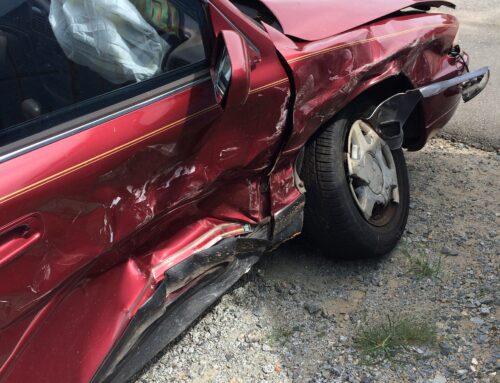In short, an excluded driver is a person specifically listed on your car insurance policy who is not covered when driving your car. Listing someone as an excluded drive could actually lower your insurance payments. How do you know who to exclude and what exactly happens when you exclude someone from your auto insurance? Keep reading!
Why would you exclude a driver from your insurance policy?
When helping you pick a policy, insurance companies have to look at all of the drivers that are going to be covered by that policy. That way, they know whether or not you are covered for the type of drivers and their “risk” levels. If a driver has a suspended license, has filed claims beyond some claim limit, or is simply a poor driver, an insurance company may ask that you exclude that person, or they will otherwise refuse to sell you a policy.

Alternatively, you might list teenagers as excluded drivers, as their insurance premiums are almost always higher than adult drivers. This might also be a way to punish a teenager who does not follow the family’s car rules or who often exhibits risky behaviors while driving. The same could go for someone else on your policy who has gotten a DUI or lost their license, as these things can spike your rates.
Will excluding a driver actually bring down my rates?
In some instances, it excluding a driver from your policy will save you money, but in other instances, it may cost you money. Often, an excluded driver might not be covered for damages or liability under your policy, but they will still be covered for medical, which means that your premiums will be higher than if that person were not listed on your policy at all.
Having a person listed as an excluded driver is less expensive than having that person listed as a covered driver. High risk drivers are very expensive to cover, and you can definitely save money by excluding them from your policy, even if you do not want to remove them completely.
If there is a driver on your policy that you would like to exclude, you will need to talk to your insurance agent or your insurance provider to decide how long they should be excluded and why they are being excluded from the policy.









